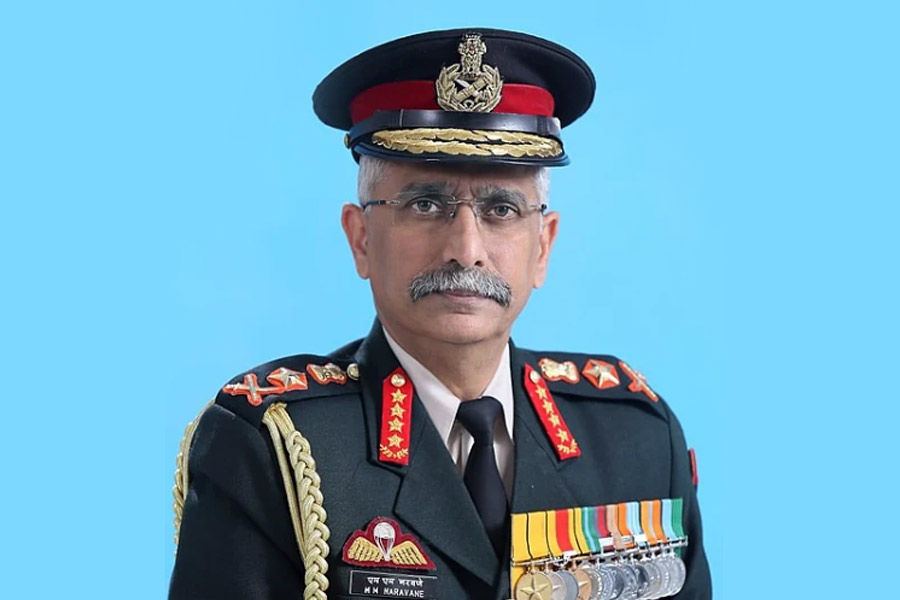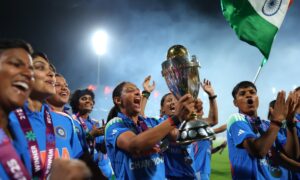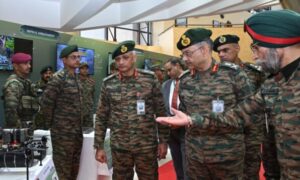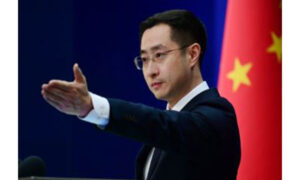
File Picture
Former Indian Army chief General Manoj Naravane has criticised people raising questions about the suspension of hostilities between India and Pakistan, saying war is not romantic, nor is it a Bollywood movie.
“War is not romantic. It is not your Bollywood movie. It is very serious business. War or violence should be the last thing we should resort to, which is why our Prime Minister said this is not an era of war. Although war will be forced upon us by unwise people, we should not cheer for it,” he said.
“Still, people are asking why we have not gone for a full-out war. As a military man, if ordered, I will go to war, but that will not be my first choice,” the former Indian Army Chief said.
Gen Naravane said he would choose diplomacy, settling differences through dialogue and not reaching the stage of armed conflict.
According to PTI, Speaking at an event in Pune , Gen Naravane said he would go to war if ordered, but diplomacy would be his first choice.
The former Army chief pointed out it has been a tumultuous week, starting with Operation Sindoor, the strikes by the Indian Armed Forces on terrorist camps and infrastructure in Pakistan and POK, followed by four days of intense aerial and some land battles.
“It finally culminated in an announcement regarding the cessation of military action. I would like to repeat that it is only a cessation of military operations, not a ceasefire as such. Watch how things unfold in the days and weeks to come,” he said.
He noted that several people have raised questions about the suspension of military hostilities and whether it was a good thing.
“If you consider the facts and figures, particularly the cost of war, you’ll realise that a wise person makes that call before the losses become too large or insurmountable,” he said.
“I believe we proved to Pakistan — through the strikes we carried out not only on terrorist infrastructure but also on their airfields deep within their territory — that the cost of continuing on their path would be too high. That compelled them and ultimately led their DGMO to call ours to discuss the possibility of a ceasefire,” he said.
He added that there is a third aspect, the social component.
“I mentioned strength and destruction, but this social part includes the lives that are lost: children who lose their parents or who themselves get killed in the shelling in border areas. Nobody accounts for that kind of destruction,” he said.
He noted that for those who have lost their loved ones, the trauma gets carried through generations.
“There’s also something called PTSD (Post Traumatic Stress Disorder). People who have seen gruesome scenes wake up in cold sweat even after 20 years and need psychiatric care,” he said.
[the_ad id=”55722″]


















